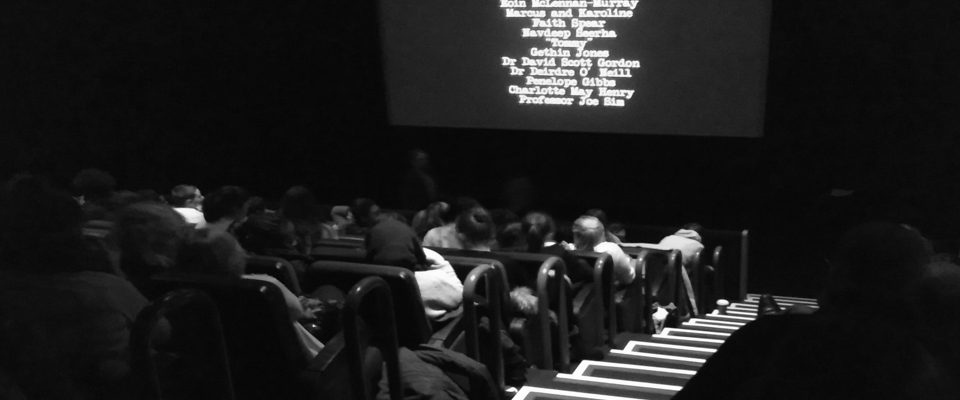Conflicting Forms of Use: The Potential of and Limits to the Use of the Internet as a Public Sphere
How activists use the internet is a crucial question. This thesis amines the potential of and limits to the use of the Internet as a public sphere. To this end it considers the claim that the Internet is or can be a public sphere. To do this there are two related spheres of enquiry: the public sphere- and ,the Internet-.The enquiry into the concept of the public sphere is based on an engagement with the work of Jurgen Habermas.
The concern of this thesis is to draw on the wider corpus of Habermas’s work to develop a model of the public sphere that takes account of his thesis of ,colonisation-. Because the process of colonisation results in systemically distorted communication the liberal model of the public sphere is replaced with a model of a radical- public sphere. These two concepts: the radical public sphere and colonisation then form the basis for the investigation into the potential of the Internet.
The Internet, like other technologies cannot however be considered in abstraction of its use. Therefore a theory of “forms of use” is developed through which the potential of and limits to media can be analysed. $ifferent case studies are presented in order to show how these different forms of use of the Internet can be supported. However, we can understand that certain “systemic” colonising forms of use of the Internet threaten the functioning of other radical forms of use.
To find out more about how activists use the internet, you can carry on reading this research here
